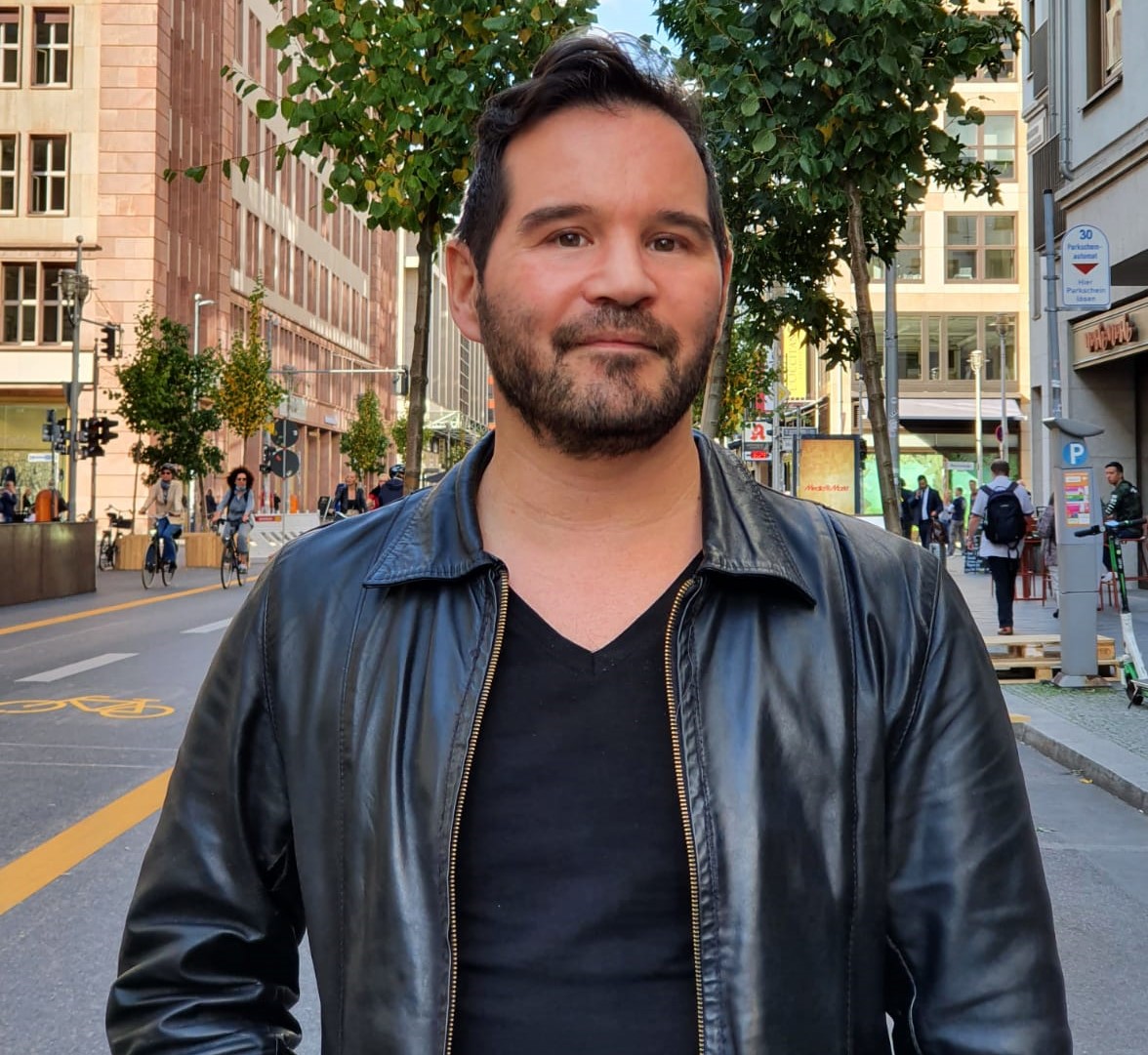Mining Story II
Copper mining in Chile: The dream of young indigenous people?

Chile is one of the largest copper producers in the world. Many of the mines are located in the Atacama Desert, a vast area stretching over more than 100,000 square kilometres in the triangle of Chile, Peru and Bolivia. The Aymaras are amongst the first peoples who settled there about 2000 years ago. Just like the Quechuas, descendants of the Inca culture, they regard the desert as their very own land, although only a small part was legally granted to them.
Ecological arguments hardly play a role
“Historically, the indigenous people are in a weaker position, but many of them are trying to negotiate with the mining companies,” says cultural anthropologist and philosopher Sascha Cornejo Puschner. The doctoral researcher only recently returned from field work in Tarapacá in northern Chile. In his doctorate he examines whether and how the companies – all of them foreign – understand their social responsibility towards the indigenous population as well as the demands made by the Aymaras themselves.
First of all, the young researcher observed that despite massive environmental problems ecological arguments hardly play a role. The companies are not only licensed to mine copper, but also to use the water around the mines. However, the fact that the water resources, which are already limited in the desert, are heavily depleted and polluted as a result of this is only of secondary importance. “The focus is on economic interests. People want jobs, and this also applies to the indigenous population. Almost every young person dreams of working in the mining sector. At the age of 19 you can earn 1 million pesos, which is the equivalent of 1300 EUR.” The companies even provide scholarships for study programs or finance local schools. “This is how they train their own offspring,” says Cornejo.
Nevertheless, the people remain critical and demand further social projects from the companies, for example to set up small laundries or tea shops in order to have an alternative income. “The companies often engage in this, but in case of doubt they sit on the longer end of the stick and withdraw the promised support.” This happened in Tarapacá, where the company Teck Quebrada Blanca is currently expanding one of its mines, and official approval has already been granted. As the indigenous people felt that they had been ignored in the negotiations, they lodged a complaint with the Senate – as a result the company broke off all relations.
Beware of clichés and romantic images
The Aymaras, like other ethnic groups, are organised only in fragmented groups and do not act with a common voice. Also, not everyone wants to negotiate with the mining companies, some see betrayal in it. “Traditionally, the Aymaras are traders, some of them are still cattle breeders, but most of them now live in the city,” says the doctoral researcher. In general, one has to beware of clichés and romantic images. “Many people seem to be disappointed when they see indigenous people driving through the desert with pickups, a pack of money in their pockets. But the idea of the indigenous being ‘close to nature’ against the ‘evil mining company’ doesn’t fit. There are rather strong ties between the two sides.”
The Aymaras’ relationship to mining goes back as far as the 19th century, when saltpetre was mined in the Atacama Desert, until the invention of artificial fertilizers displaced the salts from the market. “The crazy thing is that even copper no longer has to be mined on a grand scale because it can be reused wonderfully. There is enough copper in circulation worldwide to meet the demand. All you have to do is recycle it.” But neither the mining companies nor most of the Aymaras would be enthusiastic about it.
Contact

Sascha Cornejo Puschner
Email:
Sascha Cornejo Puschner has been doing his doctoral research at the Integrative Research Institute on Transformations of Human-Environment Systems (IRI THESys) at HU Berlin since 2018. As a German-Chilean, he grew up bi-culturally and was strongly influenced politically by the Pinochet dictatorship – an experience that sharpened his critical eye. In his doctorate, Sascha aims to combine empirical research with philosophical questions. Through his work, he hopes to provide knowledge that helps indigenous people to strengthen their negotiating position and that perhaps even brings a little ecological awareness to the region.


